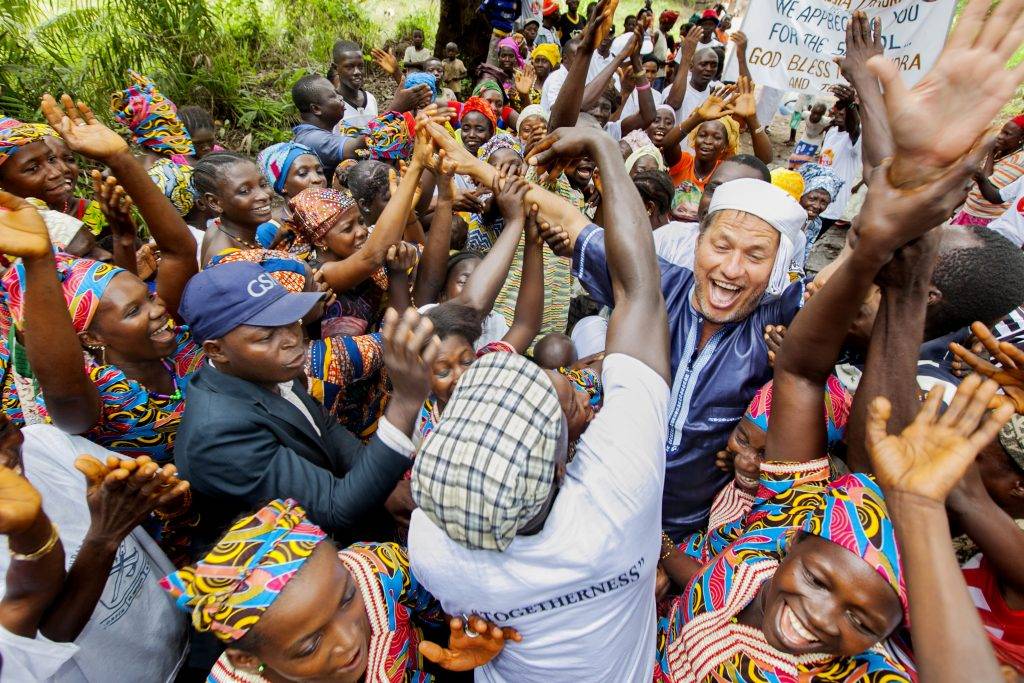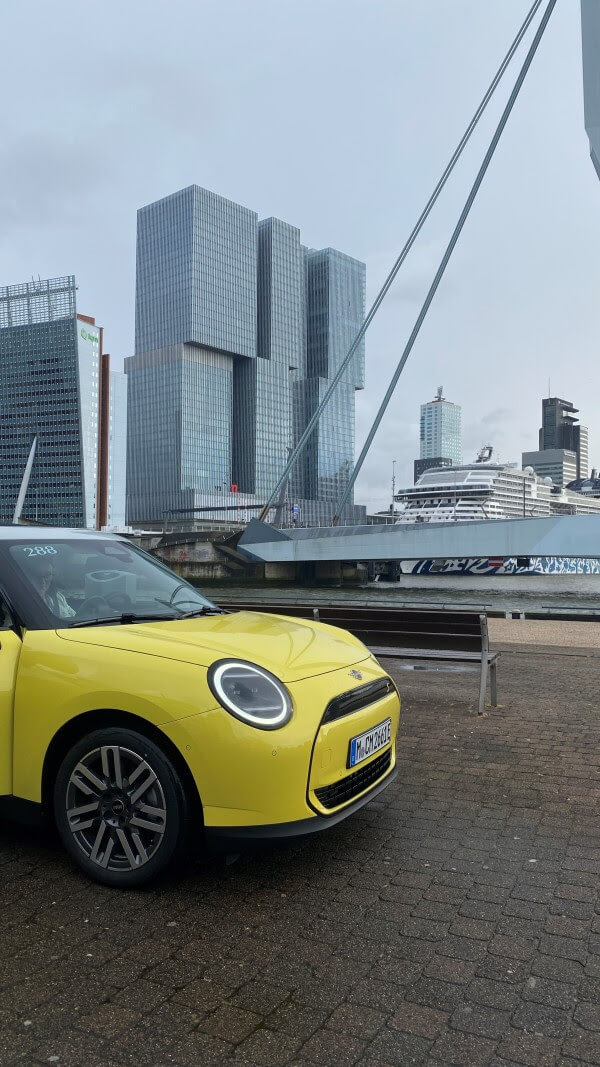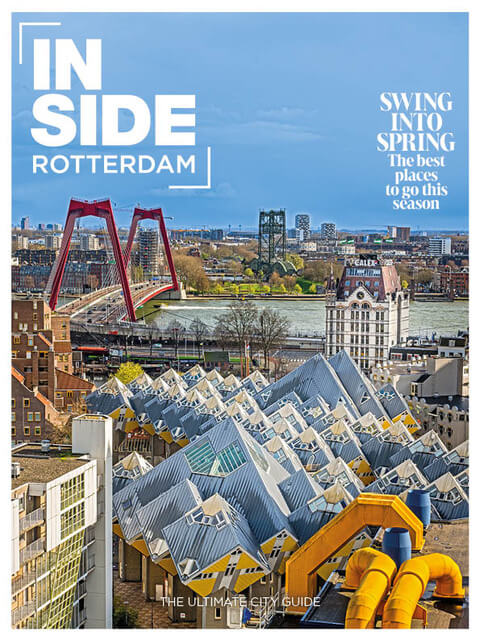“I was twelve years old when a homeless person asked me for spare change. I was stunned. An adult asking me for money? It was, in hindsight, a life-changing event, an eye-opener, so to speak.”
Sander de Kramer, journalist, writer and full-time Samaritan, is a born storyteller. And he has quite some stories to tell. In his younger years, Sander lived on the streets, begging for spare change and sleeping in homeless shelters. He wasn’t addicted to drugs, nor did he have any financial problems. He just wanted to know what it was like to be homeless. “I learned a lot when I lived on the streets. I remember going to a bakery and asking if they could spare some old bread because I was hungry. The manager told me that he’d rather feed it to the dogs than give it to a filthy homeless guy like me. It was another eye-opener. The inhumane cruelty with which homeless people are treated is mind-boggling. Society tends to think that homeless people have themselves to blame for their predicament. That’s nonsense. I’ve encountered many people whose lives were destroyed because of some random turn of events. Blaming them for their fate is utterly misguided and simply unfair.”
Armed with kindness, flamboyance and a great sense of humor, Sander declared war on poverty, at home and abroad. He organised football tournaments for the homeless and helped them launch and sell their own newspaper. When the municipality of Rotterdam introduced a law that forbade begging for money, Sander circumvented the measure by handing out toy instruments to Rotterdam’s homeless community. “By playing an instrument they were considered street musicians and therefore allowed to ask passers-by for money. It was the most awful-sounding bunch of musicians you’ve ever heard, but it worked. And the media loved it. We were all over the news.”
Sander is a rebel with a cause – and a very stubborn one at that. When he is told something can’t be done, he will do it anyway, as the owners of Sierra Leone’s diamond mines found out to their bewilderment. “I visited Sierra Leone in 2007, which was and still is one of the most impoverished nations in the world. When I travelled across the country, I visited several diamond mines and saw how children (orphans most of time) were enslaved by mining corporations to dig for diamonds. These kids were literally working themselves to death. That had to change, so I set up a foundation to get these children out of the mines and send them to school. People warned me that meddling in the affairs of the mining industry could be very dangerous. They had a point. I was surrounded by some angry men armed with machetes on one occasion and arrested by a corrupt police officer on another. But eventually I managed to get the local chiefs on board, and today hundreds of kids have exchanged the mines for classrooms.”
Sander’s work hasn’t gone unnoticed, as he found out when he got a call from a regional representative of the Dutch royal family, who informed him that he was nominated for the President Roosevelt Four Freedoms Award. “On April 13th, I am invited to have lunch with the king and queen of the Netherlands, and the next day there will be an official ceremony, where I will receive my award. It is a quite a prestigious award; Angela Merkel, Bill Clinton and Nelson Mandela got one. I am pretty honoured that Sander de Kramer will join their ranks.”















